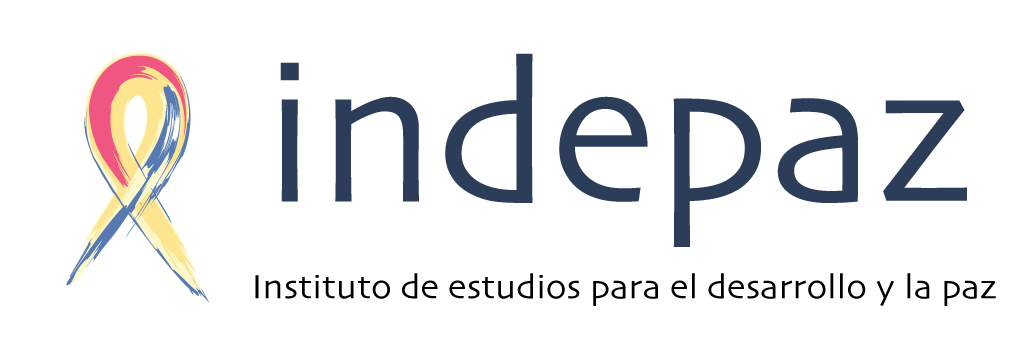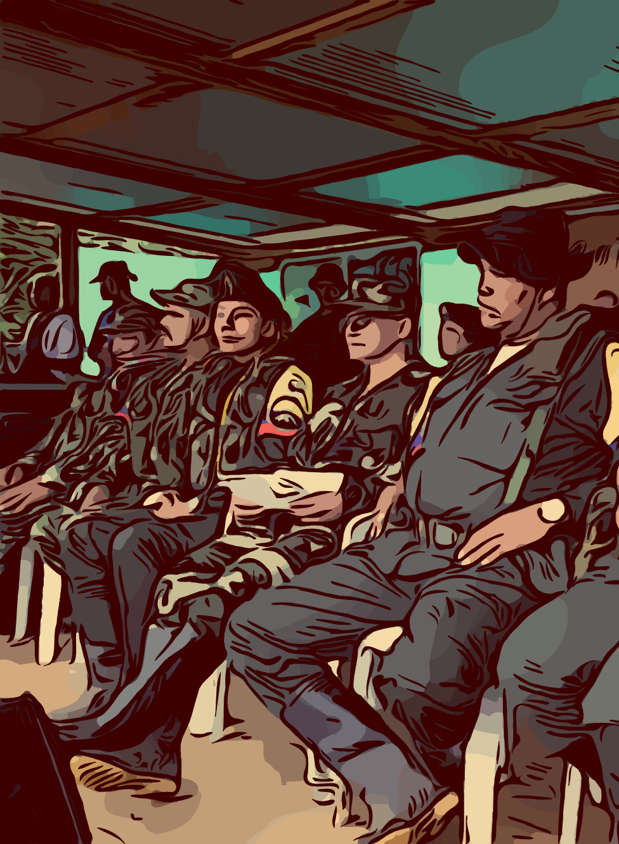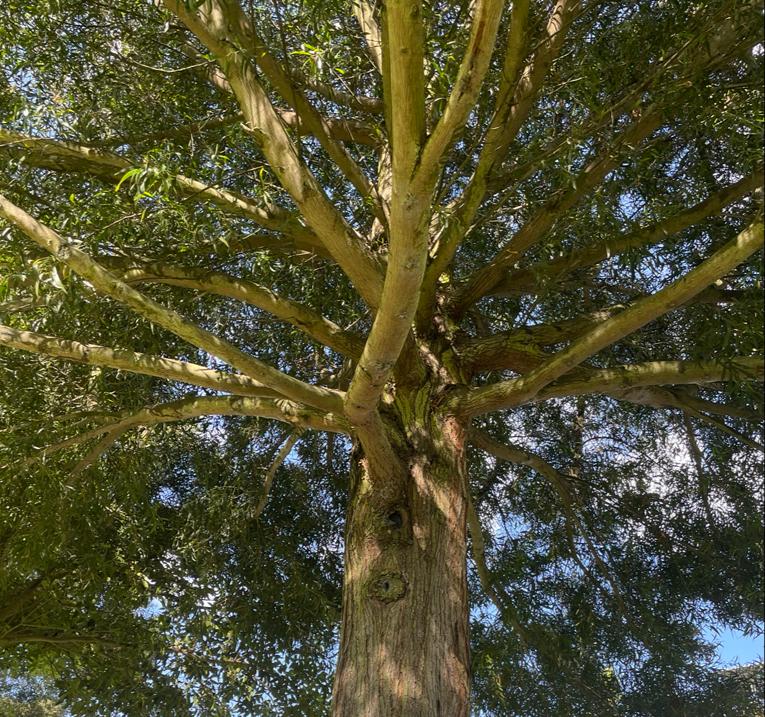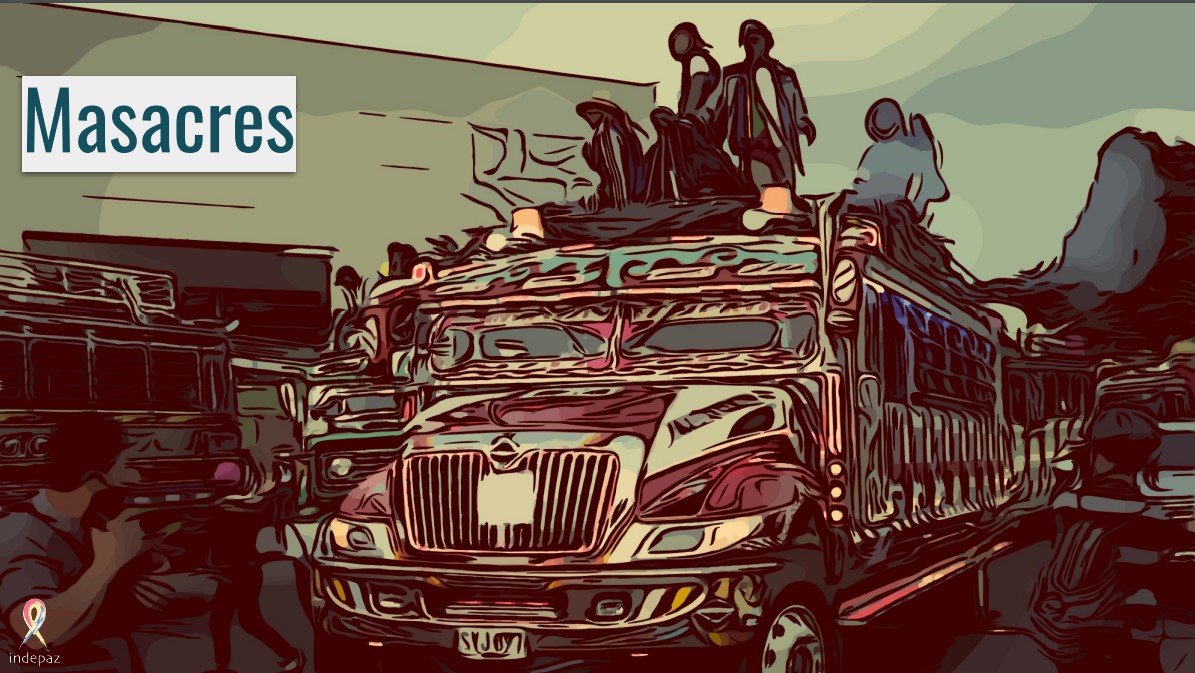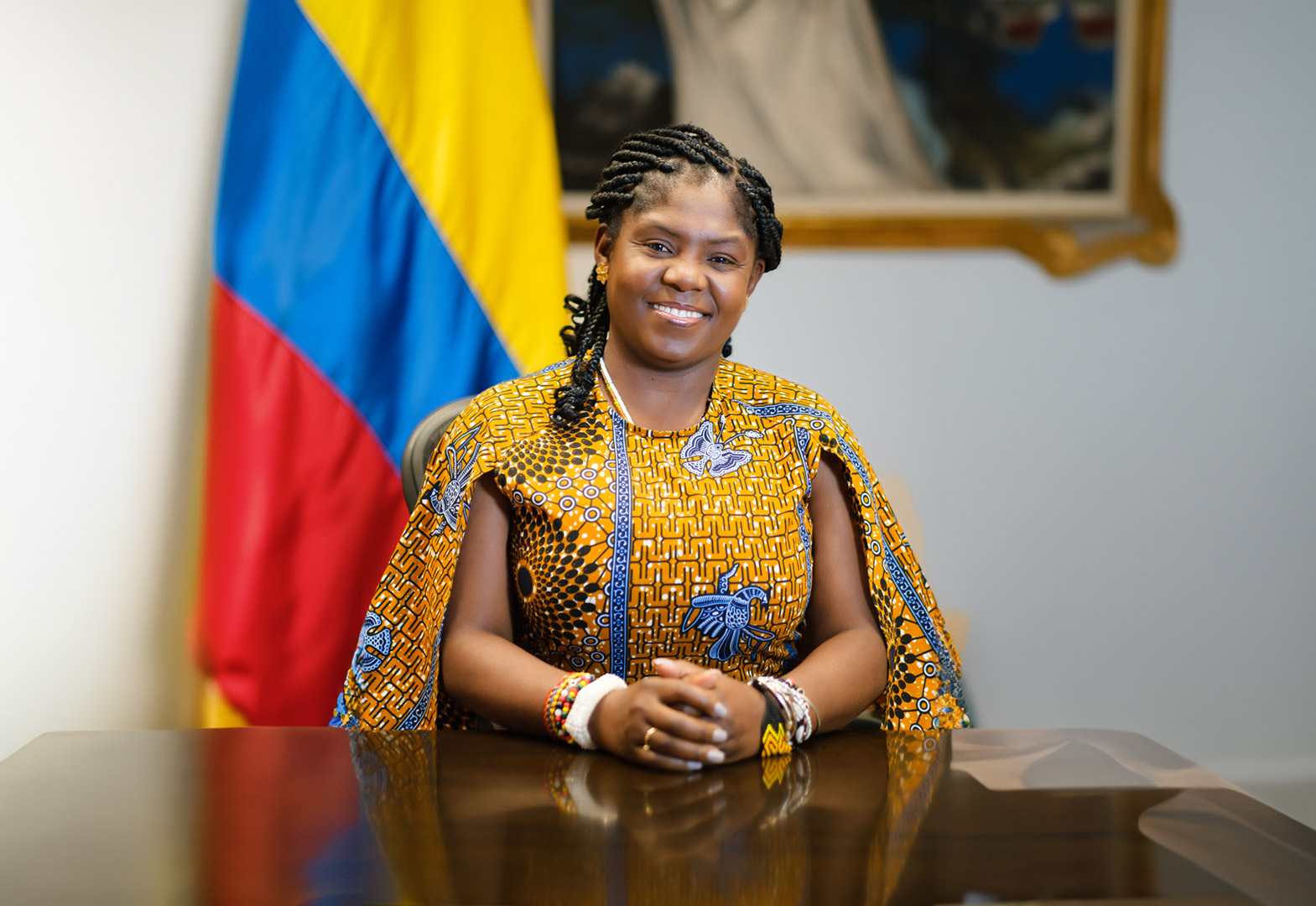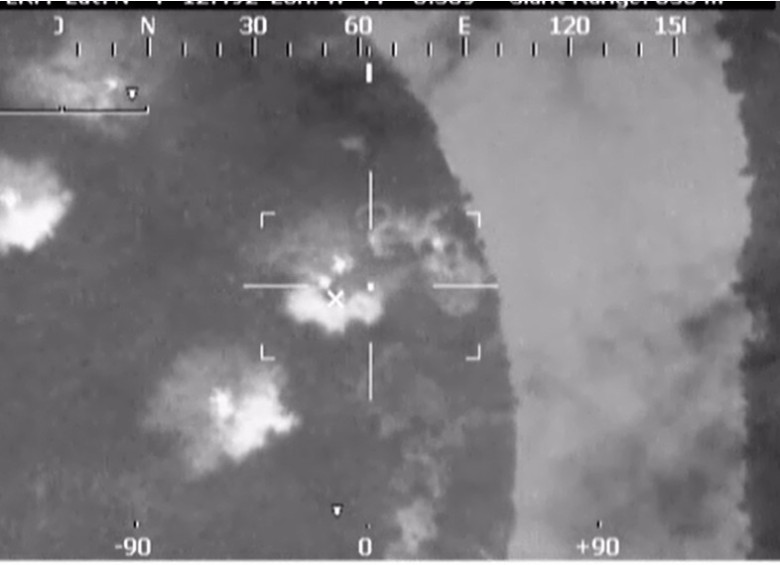For a guy who brags about killing hundreds of his countrymen, Raúl Hasbún lives high on the government’s dime. He sits in a plush cell outside Medellín where he enjoys cable TV, raids his own fridge, can order out for fast food and has his cat to keep him company.
Hasbún, a former banana grower and paramilitary involved in Colombia’s right-wing counterinsurgency, was able to score such a cushy arrangement because his words are in demand. Everyone wants to hear how he allegedly devised a method for putting the squeeze on international companies to raise the money to arm the death squads that carried out the gruesome massacres that kept Colombia in a constant state of turmoil.
In other words, he monetized the murder of Colombians, including many civilians.
”I am the one who established the system,” Hasbún, also known by his nom de guerre Pedro the Pretty One, told The Miami Herald in an exclusive interview in his cell.
It was pretty simple, according to Hasbún. Companies paid three cents for every crate of bananas exported. The proceeds kept the private armies flush with cash and stocked with weapons.
At issue is whether the companies paid more or less willingly or did so under extreme duress.
Hasbún’s testimony is shaking the foundations of power in Colombia. It could do the same in Washington, where Justice Department officials are facing increasing pressure from human rights groups and a congressional committee to look deeper into the links between the multinationals and Colombia’s murderous militias.
Chiquita, the banana giant, has already admitted in court that it paid $1.7 million to the paramilitaries over a seven-year period. The company said it had to pay to safeguard the well-being of its employees. Nonetheless, it was fined $25 million for providing material support to a designated terrorist organization.
”Whoever paid me and had bad intentions, I don’t know,” Hasbún said of the banana levy. “But there came a time when I no longer had to ask.”
A lawsuit against Chiquita is being heard in Palm Beach County. It seeks damages on behalf of the victims of paramilitary violence. The company, which has filed a motion to dismiss the case, did not respond to a request for comment from The Miami Herald.
U.S. Rep. William Delahunt, D-Mass., chairman of the House Subcommittee on Human Rights, is expected to call hearings for later this year on the payments and has said publicly that companies besides Chiquita may face increased scrutiny.
Chiquita, based in Cincinnati, is one of three big banana companies that do business in Colombia. The others, California-based Dole and Florida-based Fresh Del Monte, have denied paying money to the paramilitaries, and they have not formally been accused of such. But in separate interviews with The Miami Herald and CBS’s 60 Minutes, jailed paramilitary leader Salvatore Mancuso declared that ”all the companies” in the banana region paid.
Hasbún, from his jail cell, concurred and said he has the checks to prove it.
Hasbún’s testimony may change the equation for all three companies as well as shed light on the killings of union leaders — killings that have throttled a potential free-trade agreement between the United States and Colombia, an important regional ally.
It could also be ”crucial” to the Palm Beach County civil suit, said Bill Wichmann, a lawyer for the plaintiffs who has met with Hasbún. “He gives us the details on the payments, but also, as mastermind of the money, he could convince a jury in the United States that these payments were considered by multinationals as part of doing business and were not extortion at all.”
CONFLICT’S AFTERMATH
Hasbún’s statements come as Colombia is emerging from the depths of a nearly five-decades-old civil war in which paramilitaries fought Marxist guerrillas, often with a blind eye or assistance from government security forces. Civilians were frequently in the line of fire.
The war has left tens of thousands dead. Now, after a fitful peace accord with the paramilitaries led to the demobilization of nearly 50,000 paramilitary soldiers, Colombia is going through the painful process of sorting through the wreckage. As part of that process, prosecutors are taking ”open testimonies” from participants in the bloodletting, including Hasbún.
The son of a former plantation owner, Hasbún took over the family banana plantation as guerrilla power hit its peak in Urabá, the heart of the Colombian banana-growing region.
At that time, it was the rebels who were extorting business owners, transportation companies and shopkeepers. They kidnapped the wealthy and middle class alike, using the ransom to finance their war against the government. Like nearly everyone else, Hasbún paid his quota to the guerrillas.
In 1994, Hasbún became fed up with the shakedowns. He said he approached the Castaño family, a powerful clan that was forming small paramilitary death squads to fight the rebels and assassinate their followers, and ultimately joined their cause.
Working closely with local military officials, paramilitaries spent the next 10 years killing hundreds of suspected rebel collaborators and sympathizers, former paramilitaries from the region have testified. Hasbún himself has confessed that he killed or ordered the deaths of hundreds across a 200-mile swath of coastal territory.
”They ask me if I feel bad about what I did,” he said, referring to Colombian investigators. “You know, if I didn’t do what I did, I’d be dead right now.”
Among Hasbún’s victims were union leaders like Isidro Segundo Gil, who was shot at the gates of a local Coca-Cola bottling plant in 1996, a killing that sparked outrage and played a role in starting an international boycott of Coca-Cola in universities across the globe.
Hasbún said Gil was killed for “collecting money for the guerrillas.”
”I killed a lot of union members,” Hasbún said flatly. “But I didn’t kill them because they were part of a union. I killed them because they were working with the guerrillas or they were guerrillas.”
The system of having banana-producing companies pay for the paramilitaries came together during a meeting in late 1996 in Medellín, Hasbún said. Among those attending, he said, was a high-level U.S. official of Chiquita who regaled the paramilitary chiefs with stories of his time as a soldier in Vietnam.
”Is that something someone who is being extorted does?” Hasbún asked. “He loved telling these stories.”
The companies and the paramilitaries decided to channel the money through a legalized civilian-based security apparatus that Hasbún said was widely known to be a paramilitary front.
Hasbún said that Chiquita paid its three-cents-a-crate levy through a wholly owned subsidiary. In the cases of Dole and Del Monte, which unlike Chiquita were buyers but not producers of Colombian bananas, the system worked differently, according to Hasbún. He said the levy was assessed against producers — and they passed the cost to the multinationals.
Both Dole and Fresh Del Monte reiterated to The Miami Herald that they did not pay paramilitaries.
It’s not clear whether Hasbún’s allegations, even if they could be verified, are enough for a criminal or civil case against the multinational companies.
”If the payer thought he was legitimately buying a security service, then there’s nothing wrong,” explained Kenneth Roth, a former prosecutor who is now executive director of Human Rights Watch in New York. “If the payer knew he was paying for paramilitaries, then he could be held responsible.”
The alleged criminal activity may have gone beyond extracting money from the fruit companies. According to Hasbún, guns and drugs were sometimes smuggled in or out on banana boats. Hasbún said representatives from Chiquita and Del Monte objected to that, complaining directly to him. Hasbún said he intervened to limit the practice.
Many of Hasbún’s allegations regarding Chiquita are corroborated by testimony provided to the Justice Department in the criminal case in Washington, and bolstered by the statements of other paramilitary leaders in their so-called ”open testimonies.” Those testimonies have not been made public, although they have been widely leaked to the press.
EXTRADITION UNLIKELY
Hasbún faces no charges in the United States right now, but he says he’s willing to go to the United States to serve out his sentence and would seek immunity for his testimony about those and other matters, including drug trafficking cases.
Colombia extradited 15 paramilitary leaders last year to face drug trafficking charges in the United States. It’s not clear whether Hasbún will get that opportunity.
As part of the Colombian government’s peace process with the paramilitaries, he’ll have to serve at least seven more years in a maximum-security prison. But if he can remain in the same cell, at least it figures to be a luxurious seven-year stretch.
